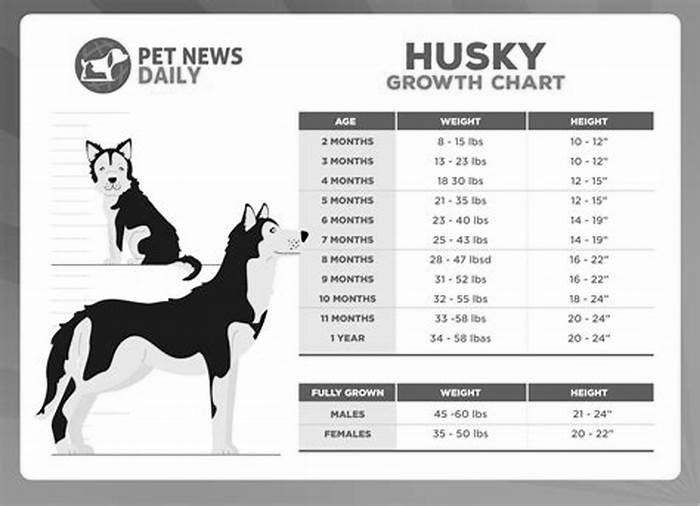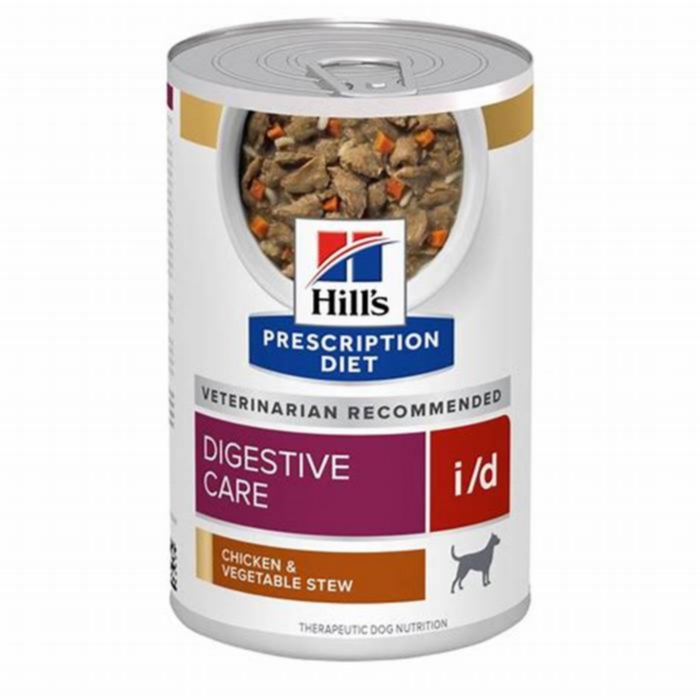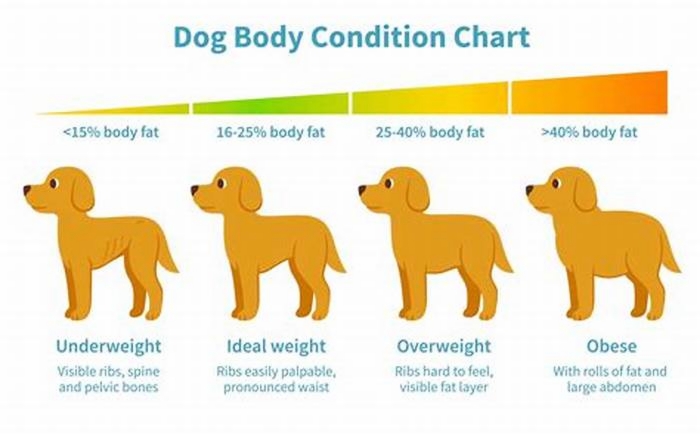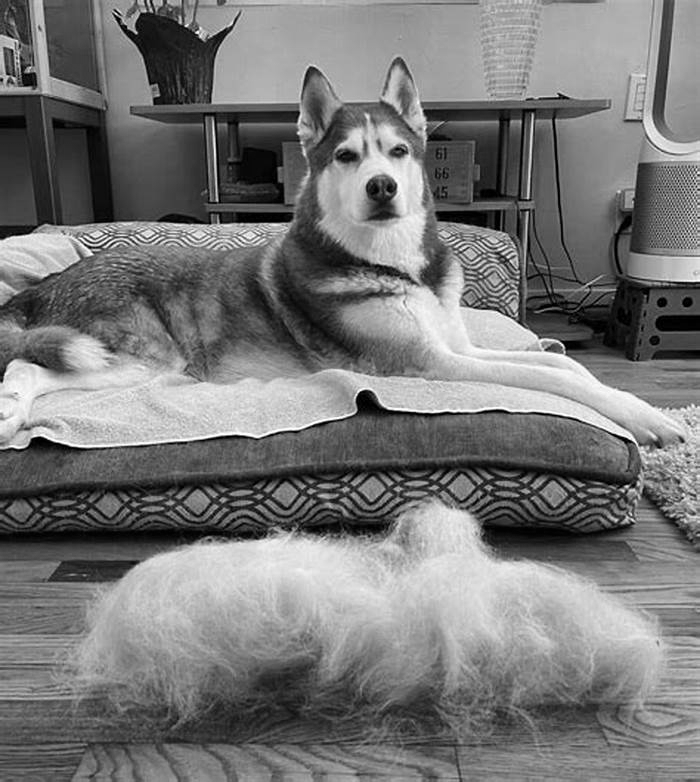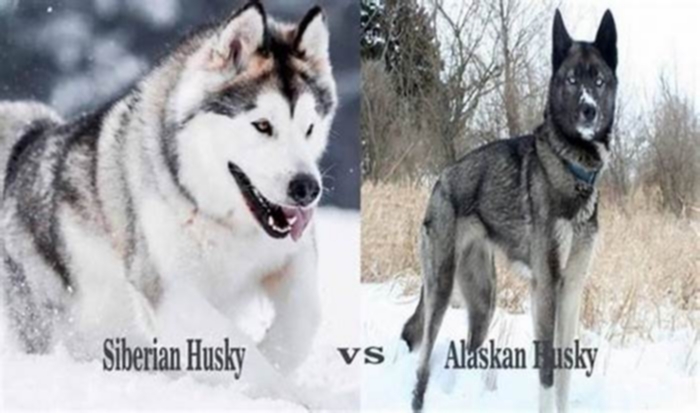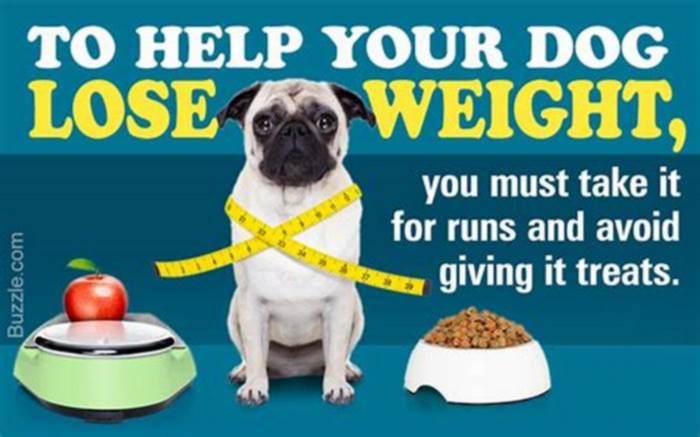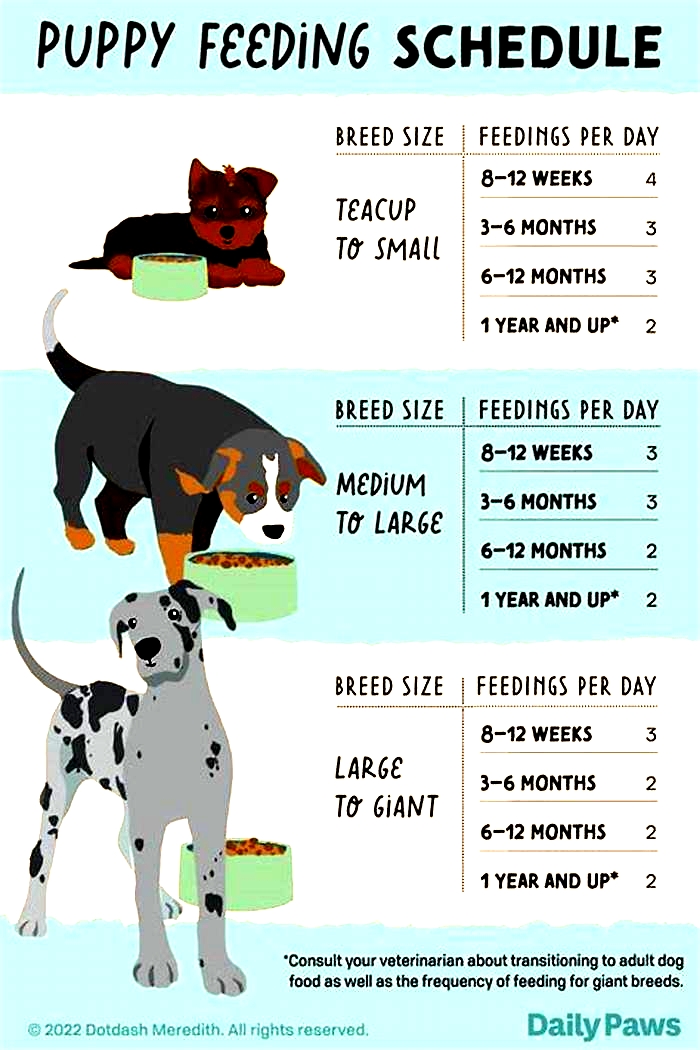What helps dogs grow bigger

Do you want your dog to grow very BIG?
People, especially Nigerians try to make their dogs grow big fast. They explore so many food additives, multivitamins, and castrations and even buy expensive food for their pets just to make them grow very big. There is this premium attached to BIG dogs in Nigeria. Someone called me once to inquire about a certain advert I placed on fairvet puppy market section. The question he asked me that was very important to him was: Is the puppy big? I was confused because puppies are of various sizes or weights at some certain age.
Some dog sellers use this as a weapon against buyers who dont know much about dogs and would say that a dog of 3 months is actually 6 weeks old to exaggerate the size. They have done this to some of our clients. I have to tell them the truth after examining the teeth. One of the episodes that happened was when a seller told our client that the puppy was 2 weeks old. I was dazed and asked for the date of birth. I threatened the seller that we will not buy until he told the truth about the age. He made a call and the date of birth was confirmed, the puppy was 7 weeks.
The fact is that some people just want a big dog no matter the breed. I have encountered someone that was expecting his German shepherd to be as big as a Caucasian and had to educate him that German shepherds are actually medium-sized dogs while Caucasians are expected to be bigger.
So many dog owners see some insanely muscular dogs on the internet and dream of making their own dogs look the same. These people are owners of Mastiffs and Rottweilers. They go and buy some multivitamins I suspect to be steroids just to get this result. Some of these vitamins have the picture of muscular dogs on them.
I wish to say to many of you that want your dogs to become very big to consider many other factors that might hinder your expectations like the genetic makeup of your pets and their breeds. You need to know the standard size of the dog you own before you buy. So many buy mixed breeds with unpredictable growth patterns and start to expect massive growth.
Some people go ahead to buy various types of dog food with a lot of promise just to achieve this. Its important to feed your pet properly and very well but sometimes we neglect things like parasites in the blood or on the skin that can make your effort futile. You can feed your pet very well but when parasites like ticks and worms are actively disturbing their health you achieve nothing.
Feeding the right food at the right time is simply the key to getting the pet to grow to the maximum size expressed by his genetic makeup. Dogs that have the genes to grow big will have to be fed the right food at the growth stage of the pet in other to achieve the best result. The puppy stage of any dog is the right time to feed the dog well and properly.
Feeding your puppy plenty once a day can be counterproductive but when the same puppy is fed in a divided ration 3-4 times daily the puppy tends to grow better. Some dog owners or handlers sometimes refuse to feed puppies at intervals because they defecate a lot. I had to educate them that they are actually trying to limit the dogs growth and development especially now that he needs to grow fast.
Another lesson you need to learn is that its not how much food your dog eats that matters but how much he absorbs into his bodybuilding blocks for growth. So feeding plenty of food does not equate to more growth but eating the right quantity at the right time. Read the direction on the food you buy your puppy to find out.
Exercise is very important for puppies for better growth. Puppies play a lot because they always need exercise and this is very essential to their growth. Muscle development in adult dogs also requires exercise. No matter the number of steroids (I dont encourage this) you give them if you dont allow them to exercise you will be losing money. Exercise actually activates body processes to work especially when the body is resting. You will notice that your puppy plays a lot and eventually sleeps long. During this sleep, the body's processes are active to achieve growth and development.
Dogs are carnivorous animals which means that they feed on flesh or meat. The stomach and intestines of dogs are actually built to digest meat or flesh. They are now adapting to the household food we feed them over the years of domestication. Commercial dog food producers are now taking advantage of this adaptation to formulate meals that meet their basic needs. Its very important to bear in mind the natural food your dog deserves (meat) so that you can provide them, then supplement them with other types of food that they have adapted to.
There is a very widely circulating idea that when you castrate your male dogs they grow bigger than they would have been. From my experience, it seems to be true but what I discovered is that they lose the masculine looks that male dogs have and start to add extra flesh in distortion. I will discourage this practice if the sole intention is to have a big dog because of the maleness of the dog that will be lost eventually.
The total well-being of your dog is required before your dog is able to utilize the nutrients in the food you give him so make sure you achieve all that by making sure his veterinary care has been given top priority before you apply all that has been suggested in this article. Your dog will be very big if he is supposed to be big given his genetic makeup. The size of the parents of the dog can give you a clue as to how big the dog will turn out at the end this is not guaranteed.
How to Make Your Dog Grow Bigger
The normal height and weight for a dog varies drastically between breeds and the age of the dog. The most effective way to make your dog grow is to feed it more. Parasites are a very common cause of weight loss or a lack of weight gain in dogs. A vet can run simple tests to diagnose parasites and they can often be easily treated with medication. If your dog does not have parasites, adjust the amount you feed it until it reaches the ideal body condition.
Follow a specific nutrition plan after discussing size concerns with your veterinarian.
Measure every serving of food that you give to your dog, instead of guessing, so you remain consistent.
Feed your dog balanced and nutritionally complete foods. If your dog needs more calories, be sure those calories are coming from healthy foods instead of treats.
Feed your dog enough to sustain its physical activity. Talk to your veterinarian so that you can provide your dog with enough energy to complete its daily exercise regimen.
Proper Puppy Nutrition Nourishes Rapid Growth
Puppies grow rapidly. At times during their rapid growth and development from weaning until approximately 4 to 6 months of age, puppies, depending on the breed, require about twice as much energy, or calories, per pound of body weight as adult dogs of the same breed and a higher nutrient intake to support their growing bodies.
The first food a breeder introduces to puppies should provide complete and balanced nutrition to meet the nutrient requirements of growing puppies, says Purina Veterinary Communications Manager Laura Eirmann, DVM, DACVN. With proper nutrition, puppies are more likely to develop properly and have strong teeth and bones, healthy vision, a thick, lustrous coat, strong muscles, and energy and vitality.
Although rapid growth in many dog breeds begins to plateau by 6 months of age, puppies continue to grow and develop for several months longer depending on the breed or size of dog, with smaller dog breeds reaching physical maturity at a younger age compared to large- and giant-breed dogs. During this period, their nutrient requirements per pound of body weight are still greater than they will be as adults, and thus, they should continue to be fed a food specially formulated for growth, advises Eirmann, who is boarded in veterinary nutrition.
Large and giant breeds, such as Great Dane, Saint Bernard, and Newfoundland, may not mature physically until they are nearly 2 years old. These breeds, as well as any puppy with an anticipated adult weight of 70 pounds or greater, should be fed a growth diet specifically formulated for large-breed puppies for their entire growth period.

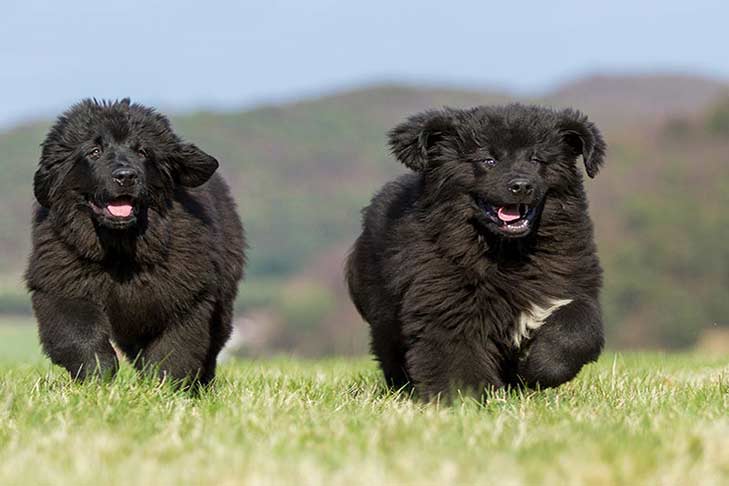
Nutrient Balance Is Important
The nutritional health of puppies, just like adult dogs, depends on receiving the correct amounts and proportions of six essential nutrients: water, protein, fat, carbohydrates, minerals, and vitamins. A puppy food that contains all essential nutrients, except water, which should always be accessible, is considered complete. These nutrients also must be present in the proper proportion to ensure a puppy food is balanced. The nutritional adequacy statement on the pet food label will state if a product provides complete and balanced nutrition for growing puppies.
Though fat, protein and calcium tend to get the greater emphasis in puppy foods, every single essential nutrient is key, especially during the period of rapid growth, Dr. Eirmann says. Deficiencies in any essential nutrient can compromise short- or long-term health.
Feeding a complete and balanced puppy food is important for numerous reasons. Dr. Eirmann notes problems that can happen if nutrients are not balanced:
- A zinc deficiency can contribute to compromised immune function and skin abnormalities
- Too little protein can cause disturbed growth as well as immune compromise and increased susceptibility to various stressor and infectious agents
- Calcium balanced with phosphorus is particularly critical for large-breed dogs, as too little or too much can lead to skeletal problems
Keeping Puppies Fit
Along with providing complete and balanced nutrition, puppies of all breed sizes need an appropriate amount of calories during growth. This is defined as the amount that supports normal growth but maintains the puppy at an optimal lean body condition.
Maximal growth is not optimal growth. Overfeeding and excessive weight gain in large dogs is a risk factor for developmental orthopedic conditions such as hip dysplasia. When feeding a large-breed puppy, research shows that avoiding overfeeding benefits skeletal development, says Dr. Eirmann. A breeder or owner should monitor a puppys weight and body condition score, adjusting food intake as necessary to maintain ideal body condition.
Just as in adult dogs, ideal body condition means that the ribs are easily palpable with minimal fat covering and that the waist is easily noted when viewed from above. A puppy in ideal body condition has an obvious abdominal tuck when viewed from the side.
Even puppies not predisposed to skeletal problems should be maintained at a lean body condition since overweight pups often become overweight or obese dogs with increased risks for various health problems, Dr. Eirmann says.
Some breeds and some individual puppies may have higher or lower energy needs compared to average. Puppies should be fed a measured, or weighed for more precision, amount of a complete and balanced puppy food at each meal, explains Dr. Eirmann. The pet food label provides general guidelines to serve as a starting point, but the amount of food should be adjusted as needed to maintain a lean body condition for that specific puppy. Keep in mind that all additional foods, including training treats, contain calories. Treats should not exceed 10 percent of the puppys daily caloric intake in order to prevent excessive weight gain and unbalancing the puppys nutrient intake.

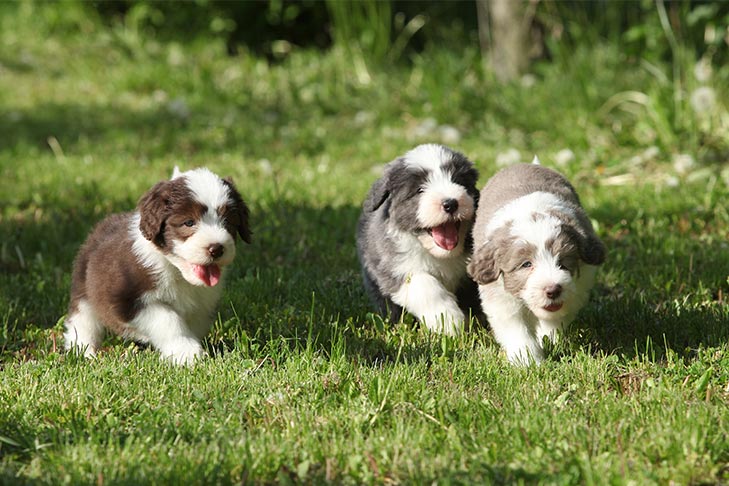
Matching caloric density of the food to a puppys energy needs is important to help provide adequate satiety. If a puppy eats everything offered and then seems excessively hungry after or between meals, a diet with a lower energy density that has fewer kilocalories per cup may help with satiety since the puppy can be offered a large volume of the lower calorie food, she says. Conversely, if a puppy is unable to eat sufficient volume of food to maintain weight or if the volume appears excessive such that the dog appears bloated after meals, a puppy food that is more caloric dense may be beneficial because a smaller volume can be fed to meet energy and nutrient needs.
One thing to keep in mind is frequently switching foods is likely to create a pattern of pickiness and/or obesity in a puppy. Beyond that, the key is to select a complete and balanced puppy food that matches the energy needs of the puppy, says Dr. Eirmann.
Getting puppies off to a good start in life includes feeding a highly nutritious food made for growth and development. Breeders who take time to give puppies a nutritious advantage in the food bowl will benefit from knowing theyve played an important role in helping them transition to healthy adult dogs.
Feeding Puppies Wisely
- Puppies should be fed a food specially formulated for growth and development until the puppy reaches physical maturity
- Large and giant dog breeds do not mature until they are nearly 2 years old. Thus, until they reach maturity, they should be fed a diet specifically formulated for large-breed puppies in an amount that maintains lean body condition to prevent excessive weight
- Fresh water should be available to dogs at all times
- Food and water dishes should be cleaned daily
- Do not feed dogs bones, table scraps or people food
This article originally appeared in Purina Pro Club

